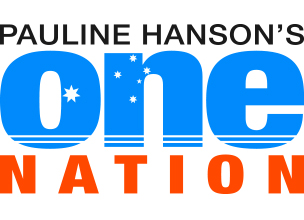Government reveals full extent of One Nation media reform deal
The Turnbull government has released the details of its agreement with Pauline Hanson’s One Nation which will see the minor party throw its support behind the stalled media reforms.
One Nation’s demands – which the government has agreed to as part of the media reform negotiations with minor parties – include a register of foreign ownership interests in regulated media assets, transparency in the remuneration of senior staff and on-air talent, legislative requirements for the ABC around fairness and balance, and an investigation into whether the national broadcaster is breaching its competitive neutrality.
A release from Communications Minister Mitch Fifield’s office argued the government was required to engage with the fringe party because Labor would not support the proposed changes in their current form.


